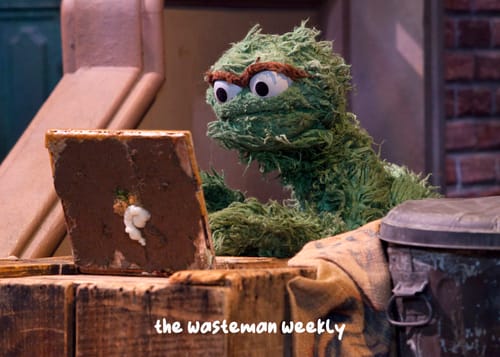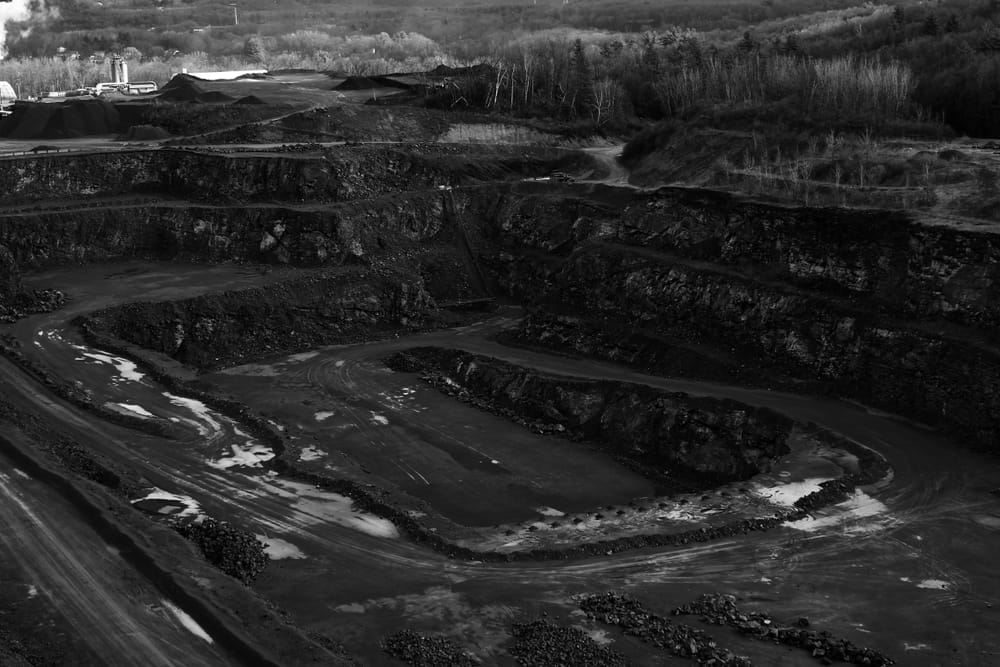If you are reading this newsletter, it means you care about climate change and its impacts on the world. But it can be so overwhelming to translate your concern about our warming planet into action. You want to be more sustainable, but how? Your options range from buying local produce to installing solar panels, and everything in between. So let’s simplify and take a look at three principles you should keep in mind when thinking about how to live everyday a little more sustainably.
- Buy less, waste less
You all know the adage: Reduce, Reuse, Recycle. The reason why ‘Reduce’ comes first is because if you don’t use something, you don’t have to throw it out. If you don’t have to throw it out, you don’t generate any waste! But making purchases is a necessary part of life, so it’s a matter of reducing over the long term, and reusing where you can. Take that tub of facial moisturizer that you use every day. Have you looked into bulk or refill size options, so that you can buy fewer plastic tubs? Or if you’ve been eyeing a new pair of pants, could you mend and tailor an old pair so it fits like brand new? Is it possible to purchase a used version of that book you’ve been wanting to read? Being more sustainable everyday means being conscious of what you consume.
- Eat green
You’re likely aware that eating meat and dairy, especially factory-farmed products, has an immense environmental impact. We’re talking land use, water use, depletion of soil health, greenhouse gas emissions, you name it. Eating less meat and dairy will reduce your daily environmental footprint drastically. If cutting out meat entirely is a daunting commitment, try adjusting the proportions of your meals to be more vegetable heavy, or eat only seafood or poultry. Beyond reducing meat on your plate, being intentional about your meal planning and how much food you purchase can go a long way to making sure food doesn’t go to waste. All of the natural resources that go into growing and making food are wasted along with it if thrown into a landfill, so next time you have leftovers at a restaurant don’t forget the to-go box!
- Water is life
If you look around, you’ll notice that water has been involved in the creation of everything around you in some shape or form. Whether in the formulation of materials, the manufacturing process, or even the generation of the power used to light up the screen you’re reading this from. It’s necessary for every aspect of life, and we’re running out of it! So remember to ask yourself--how much water did it take to make/do this? As mentioned above, shifting your diet away from meat and dairy will shift demand away from one of the most water-hungry industries--animal agriculture. Other ways to be more water conscious at home include taking shorter showers or turning off the water when lathering, using shampoo bars or laundry detergent sheets instead of the liquid products, running full loads dishwasher or laundry loads, and installing low-flow appliances.
At the end of the day, the responsibility for reform on a large scale falls on polluting corporations and our governing legislative bodies. But every little bit counts, because every little bit contributes to a cultural and economic shift in the way our society prioritizes these principles. Keep it up!
I want to give a huge shout out to Annika for being our first guest writer on the Wasteman Weekly. Not only does Annika push sustainability through her incredible work, but she’s also someone I truly admire in the way she embodies sustainability in her lifestyle and personality too.








